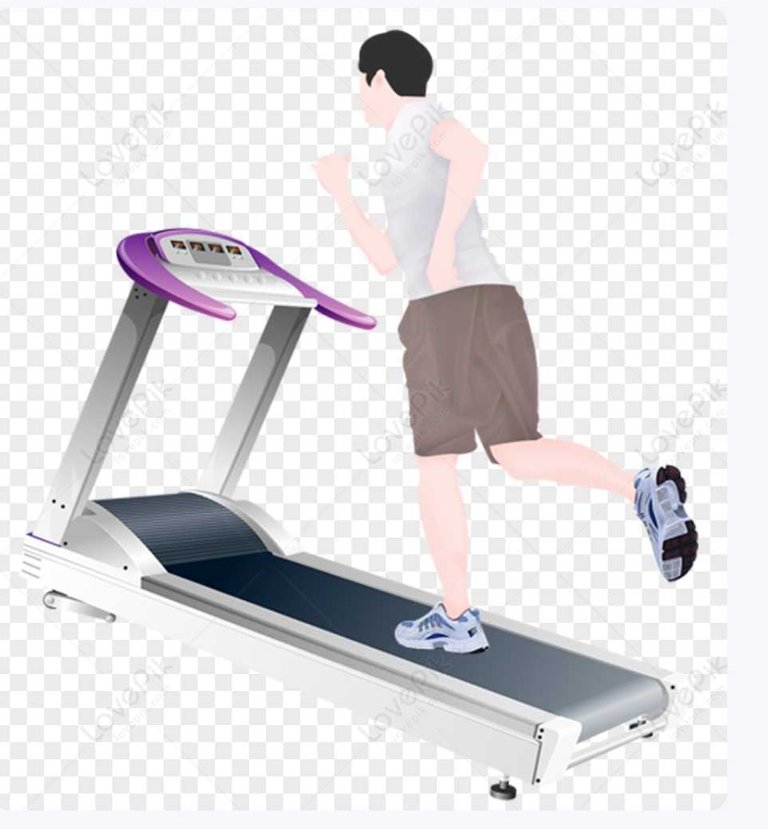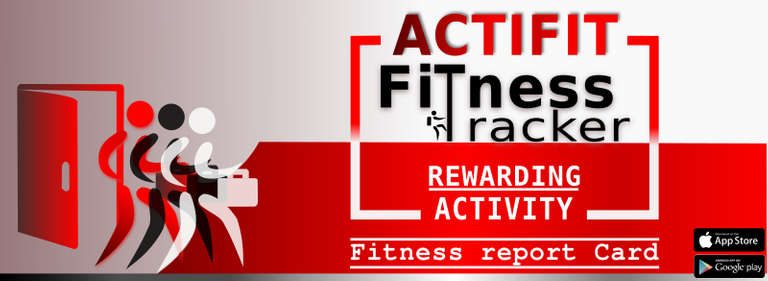My Actifit Report Card: April 9 2024
Many of the world's greatest athletes eat, sleep, breathe and live for their sport. But along with physical conditioning and mindful eating, did you know that sleep plays an important role in athletic performance and competitive results?
The quality and amount of sleep athletes have is often the key to winning.
REM sleep, in particular, provides energy to both the brain and the body. If sleep is cut short, the body does not have time to repair memory, consolidate memory, and release hormones.
There are two basic types of sleep: rapid eye movement (REM) and non-REM.
Non-REM sleep includes what is commonly known as deep sleep or slow wave sleep. Dreaming typically occurs during REM sleep. In general, non-REM and REM sleep occur regularly 3-5 times each night.
Your ability to function well and feel well while awake depends on whether you are getting enough total sleep and enough of each type of sleep. It also depends on whether you sleep at a time when your body is primed and ready to sleep.
You have an internal “body clock” that checks when you are awake and when your body is ready for sleep. This clock usually follows a 24-hour repeating rhythm (called the circadian rhythm). Rhythm affects every cell, tissue, and organ in your body and how they work.
If you don't get enough sleep, sleep at the wrong times, or have poor quality sleep, you will feel very tired throughout the day. You may not feel refreshed and alert when you wake up.
Lack of sleep can affect work, school, driving, and social functioning. You may have trouble learning, focusing and reacting. You may also have difficulty judging other people's emotions and reactions. Lack of sleep can also make you feel irritable, cranky, or anxious in social situations.
Signs and symptoms of sleep deprivation may differ between children and adults. Children with sleep deprivation may be overactive and have trouble paying attention. They may also misbehave and their school performance may suffer.
Sleep is one of the body's most important biological functions, with roles in performance, cognition, learning, development, and mental and physical health. While there are numerous consequences as a result of inadequate sleep, identifying sleep problems and following recommended sleep guidelines can help maximize sports performance.
For all of us, sleep is an important part of maintaining optimum health. But for elite athletes, sleep becomes an important pillar of success. When it comes to athletic performance, sleep plays a role in:
• Motor function
• Motivation
• Focus
• Stress regulation
• Muscle recovery
• Sprint performance
• Muscle glycogen
• Glucose metabolism
• Memory and learning
• Injury risk
• Disease rates
• Unintended weight gain
• Reaction times
We can continue the list like this. Other effects of reduced sleep show that motivation, focus, memory, and learning are all impaired due to shortened sleep. Without sleep, the brain struggles to consolidate memories and absorb new information. A look at sleep science in Maclean's magazine pointed to multiple studies showing that sleep loss impairs the brain's frontal lobe and decision-making abilities.
Sleep is essential for athletic recovery!
Impairment in the brain's decision-making centers following sleep loss has been found to increase risk-taking behavior and regulation of moral reasoning and inhibitions.
During sleep, both your muscles and central nervous system recover from the previous day's activity. Your central nervous system is responsible for things like muscle contractions, response to pain, and response time. Everything important for athletic performance. Additionally, muscle recovery is the release of many of your Human Growth Hormones, which are essential for muscle growth and sustained performance.
The importance of sleep to athletic performance cannot be ignored. Sleep quality can predict how quickly an athlete will react, how quickly they will move, how accurate they will be, how many mistakes they will make and whether they make a mistake, whether they will avoid an injury. Along with physical and mental conditioning, proper nutrition and hydration, sleep should be a regular part of any elite athlete's preparation.
Coaches know the benefits of adequate and even long sleep for athletes during heavy training. The recommended amount of sleep for the average adult is 7 to 9 hours per night. In contrast, adult athletes should get 10 hours in the weeks surrounding their workouts and competitive events to ensure efficient recovery as well as optimal performance. Adolescent athletes should aim for at least 9 hours.
“If athletes need more calories than most people when training, they also need more sleep,” says Geier. You're practically pushing your body, so you need more time to recover.
If it's not possible to get a full night's sleep, naps can be a way to make up for missed time, although they're far from an ideal solution. Naps should be kept to 30 minutes or less and should be avoided before practice or competition as they can cause drowsiness upon awakening.
You can estimate your own needs by trying it for a few weeks. If you fall asleep within 20 minutes of bedtime and wake up without an alarm, you will get the right amount of sleep. If you fall asleep the moment your head hits the pillow and always need an alarm to wake you up, you're probably sleep deprived.
The good news for most athletes is that just one restless night doesn't have to have any negative impact on performance. So, if you're feeling sleepy before a big competition, don't worry about it. One night of poor sleep can't hurt your performance.
This report was published via Actifit app (Android | iOS). Check out the original version here on actifit.io








Did you know that Actifit team has shared our growth plans for 2024, and we need your support by voting to our proposal?
Quick links to vote below. Thank you!
Vote on peakd
Vote on ecency
Vote on Hive wallet
Vote via hivesigner
As your total AFIT balance across chains is below 5,000 tokens, you are still not eligible for AFIT rewards. You can buy some AFIT tokens on hive-engine, pancakeswap, digifinex or dex-trade.
You received rewards as 0.87% upvote via @actifit account.
AFIT rewards and upvotes are based on your:
To improve your user rank, delegate more, pile up more AFIT and AFITX tokens, and post more.

To improve your post score, get to the max activity count, work on improving your post content, improve your user rank, engage with the community to get more upvotes and quality comments.
Chat with us on discord | Visit our website
Follow us on Twitter | Join us on Telegram
Download on playstore | Download on app store
Knowledge base:

FAQs | Whitepaper
How to signup | Maximize your rewards
Complete Actifit Tutorial
Actifit supports cross-chain decentralization. Support our efforts below by voting for: